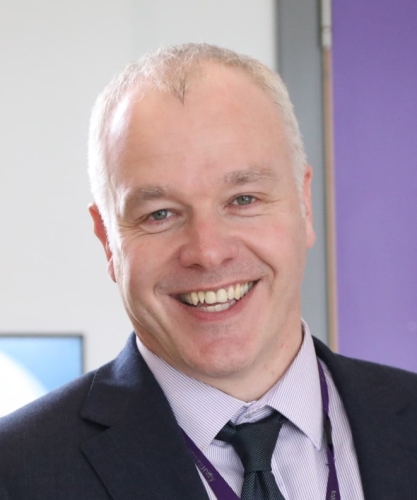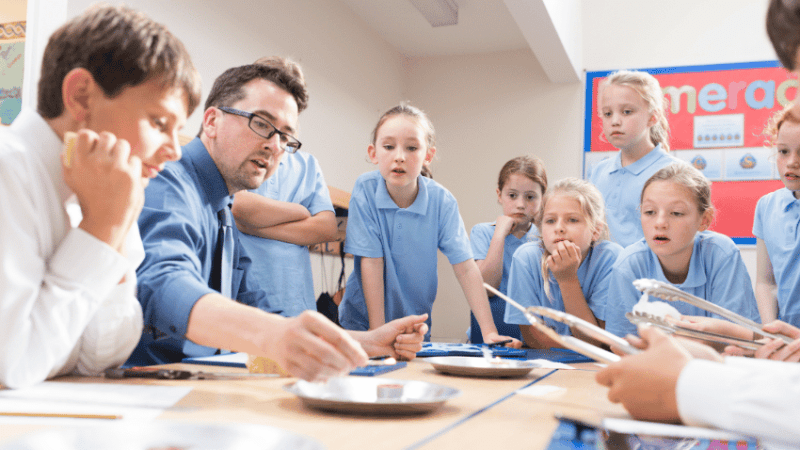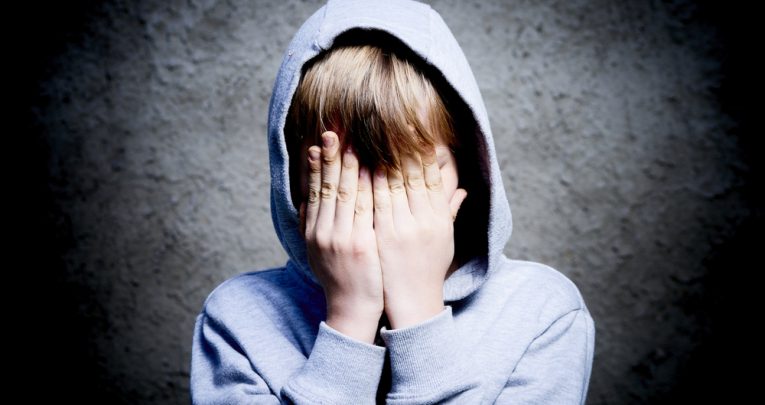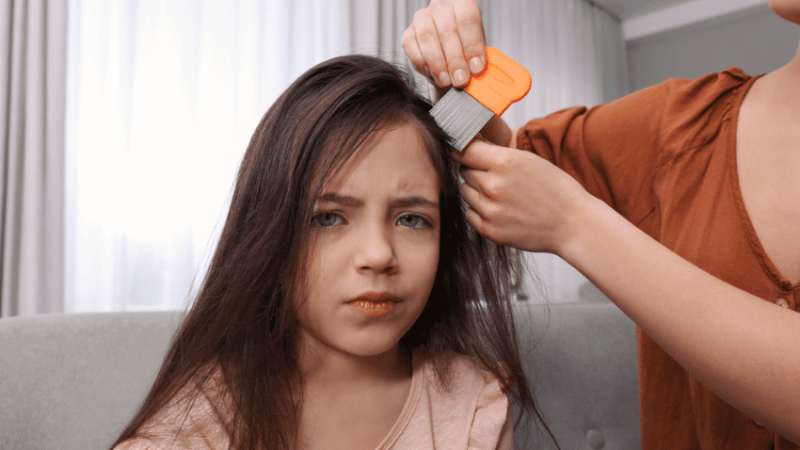Is Your School’s Sanctions System Actually Changing Behaviour, Or Just Getting Rid Of Rotten Apples?

Punishments and sanctions are the only interventions that seem to be used constantly, universally and consistently without any evidence of their efficacy. It baffles me, says Dave Whitaker

When you’ve finished reading this, please take a look at your school sanction system. Look at how successful it is in actually changing behaviour. After all, we are trying to change behaviour, aren’t we? Or are we punishing children in order to build up enough evidence to get rid of them?
Ask yourself the question, ‘When I punish a child with a sanction, does that child change?’ My guess is you’ll find a child receives his punishment and, shortly afterwards, commit the same ‘crime’ again. This leads to him being punished once more and moving further up the sanction policy, until he is excluded (where it all starts again at another school).
Don’t get me wrong, a sanction can work. It can work for those children who are well supported at home, have had a one-off, out-of-character incident or who have found themselves in the wrong place at the wrong time with the wrong peers. Have a look at your data and see if I’m right. Only a small percentage of children will actually change their behaviour because of a sanction.
So why do we use an intervention that is so ineffective, has limited impact and costs lots of money and time? It’s because it’s what we’ve always done, and because we don’t know what else to do. We do it because of the pressure of league tables and Ofsted. We do it because we aren’t brave enough to try a different approach.
Being brave is difficult in education. The level of scrutiny and accountability can stifle innovation, make it frustrating to implement new thinking, in turn preventing improvement.
When children come to my school they have experienced every punishment available. They have worked their way up the sanction ladder until they have eventually fallen off the top. They’ve moved from school to school experiencing trauma after trauma. Punishments and sanctions have become part of their already-chaotic existence and they have found themselves excluded from normal life.
Punishment can often be a key part of their home lives too. Often these are aggressive and angry households where swearing is commonplace, and abuse and neglect are frequent, everyday events.
So what can we do to change, rather than punish, behaviour? We can look at the cause, rather than punishing the symptom. At this point we enter the realms of restorative practice, or as I like to call it, restorative approaches.
‘That’s being soft on challenging behaviour,’ I often hear. Not at all. Using restorative approaches is a way in which children start to be accountable for their actions. They reflect, empathise and accept the consequences. They develop relationships that can help them change, they learn how to express their feelings and they do it all without fear and humiliation.
Easy, right? I’m afraid not. Detention is easy. Exclusion is easy. Losing play time or golden time is easy. Restorative approaches take practise, skill and training. It only happens if we are willing to accept there’s another way.
If you value relationships and want to change behaviour, then it’s worth a try. And if you want to change your school’s ethos and develop a genuine culture of support, respect and care then restorative approaches could be for you.
When we look at adult behaviour in schools it’s vital we view it in simplistic terms – with Harvard University’s Dr Edward Tronick’s model, ‘the good, the bad and the ugly’, being a perfect example.
He explains how we enjoy children when they are good, but when they’re bad and we don’t allow for reparation; that’s when things turn ugly. Our challenge, then, is to always give pupils the chance to make things right and never create an ugly situation – to change their behaviour with restorative practice.
Dave Whitaker is executive head at Springwell Special Academy in Barnsley.










